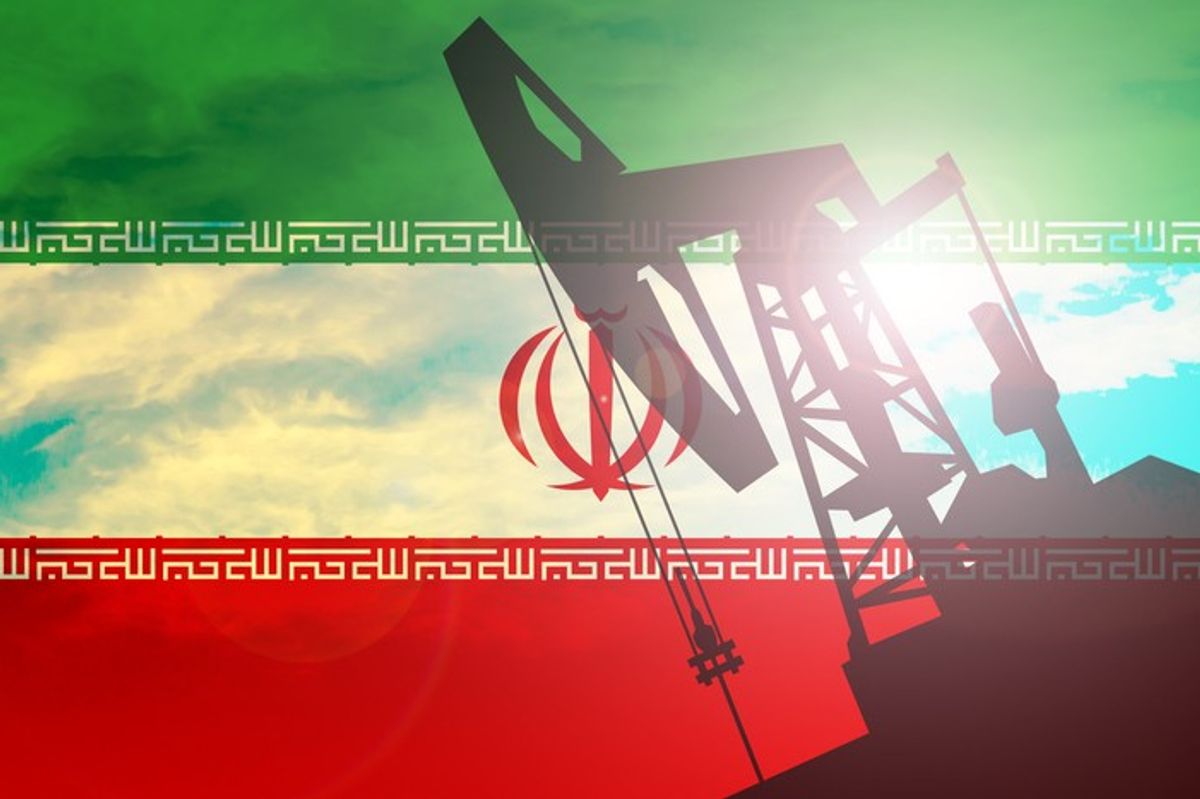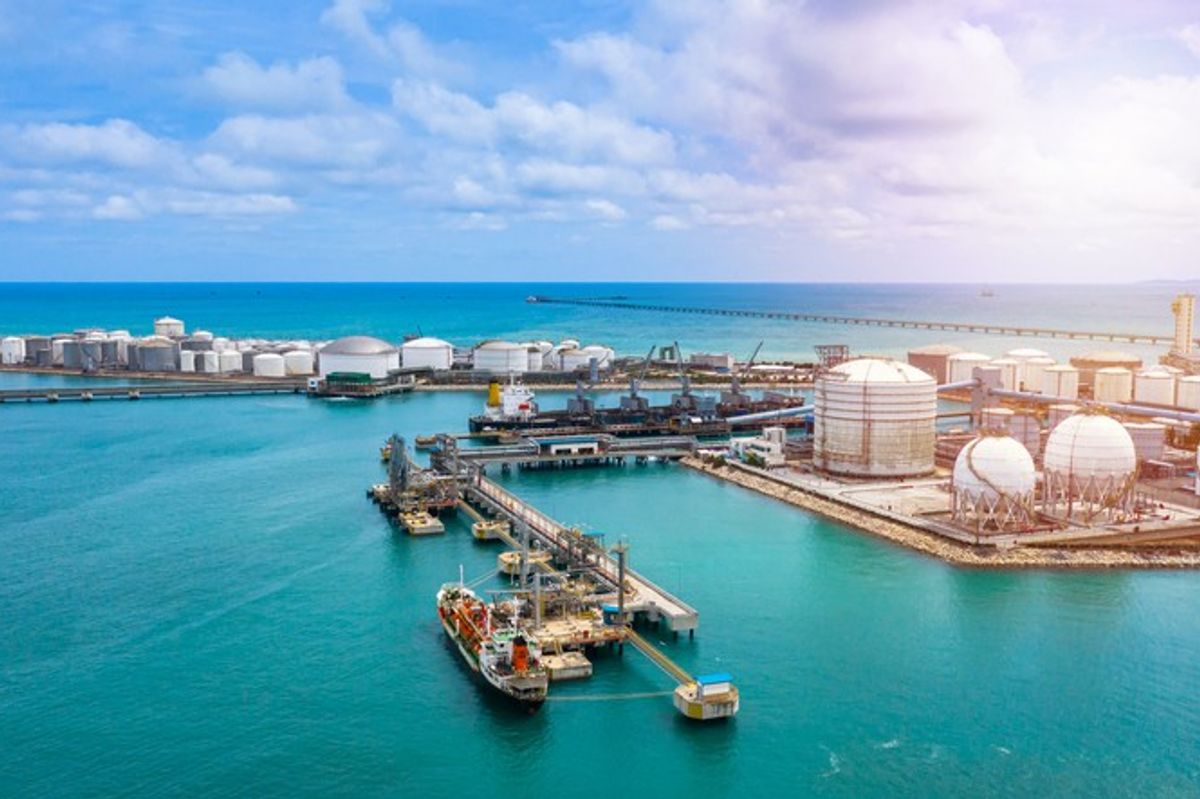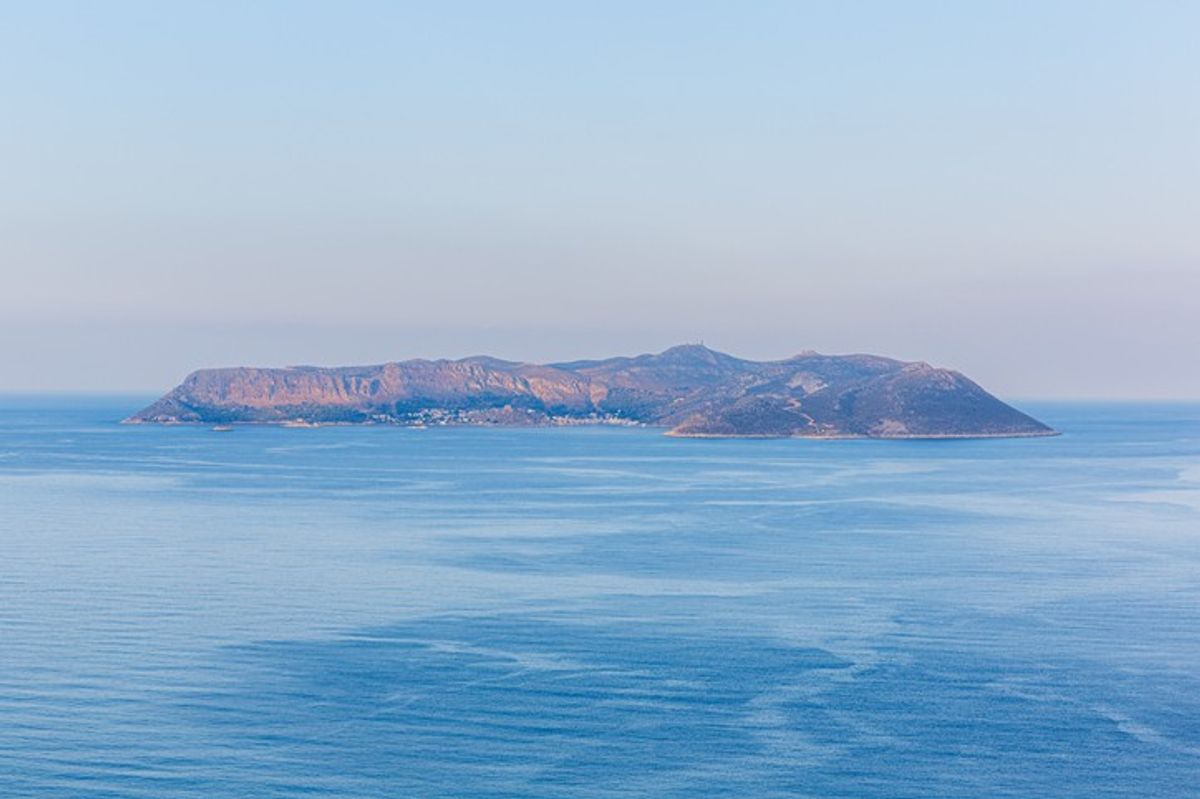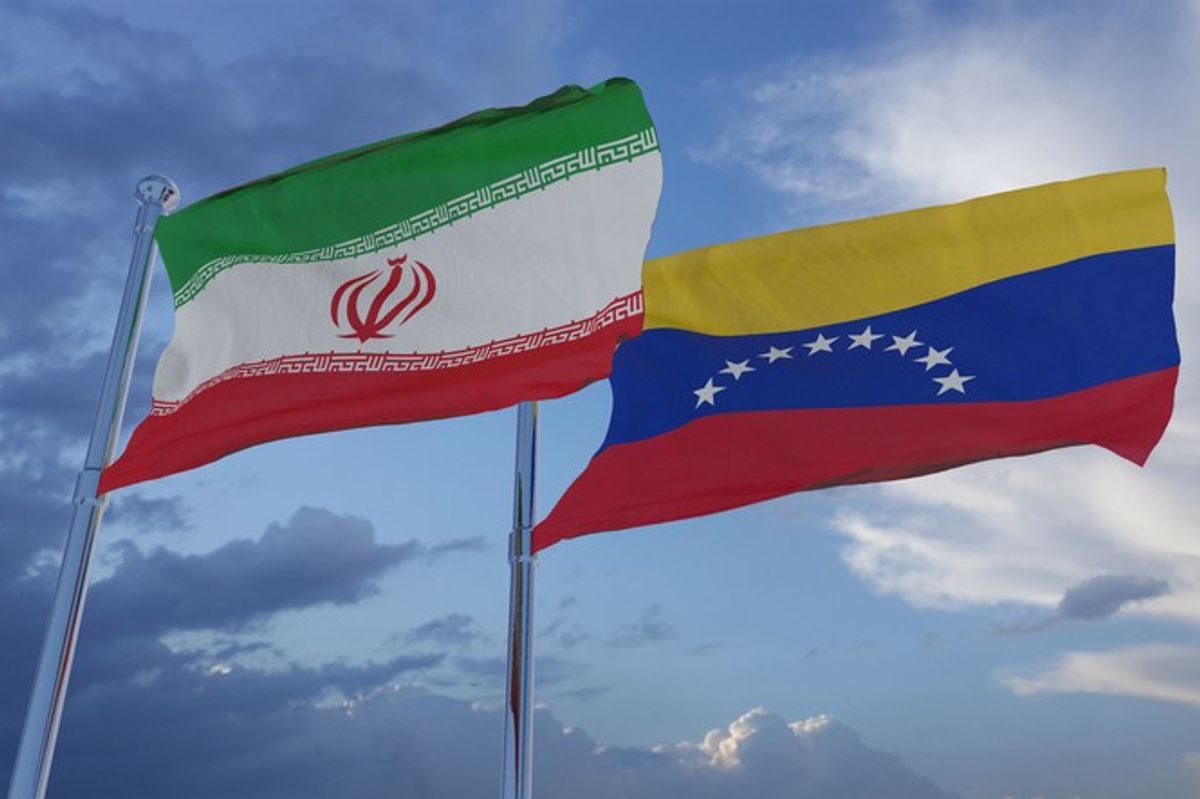In an exclusive interview with The Cipher Brief, Bayan Sami Abdul Rahman, Kurdistan Regional Government Representative to the United States, discussed the current security and economic situations in the Kurdistan region in northern Iraq as well as the push for Kurdish independence. Abdul Rahman explained that it is “remarkable how stable and peaceful Kurdistan is” despite the chaos that surrounds it and that “it is in the best interest of Kurdistan to become an independent state.”
The Cipher Brief: What is the current security situation on the ground in Kurdistan? How have the Peshmerga fared in the battle against ISIS?
Bayan Sami Abdul Rahman: In the Kurdistan Region and in the cities and towns where the majority of the population is living, it is stable, peaceful, and people are going about their daily business. Of course we’re very, very vigilant and always have been in regards to terrorist organizations, and we’ve been pretty successful in keeping out terrorism from Kurdistan. But I recognize at the same time that Kurdistan is absolutely not immune from terrorist attacks.
However, considering that we’re part of Iraq, considering that between 2005-2007 there was almost a civil war in Iraq with al Qaeda, and considering how close ISIS is to the populated Kurdish areas, it’s remarkable how stable and peaceful Kurdistan is.
On the military front, we have pushed back ISIS out of most of the areas that we consider to be part of Kurdistan. In the last week, the Peshmerga liberated eight more villages east of Mosul. This is part of the long process of surrounding Mosul and increasingly tightening the ring around Mosul. Militarily, the Peshmerga have achieved many victories against ISIS, and we’re very confident in their capabilities, especially now that the Peshmerga have had more than a year of training, thanks to the United States, UK, Germany, France, and other allies in the coalition. And also thanks to the weapons and ammunition, even though that’s still an outstanding issue. We’re still not getting the weapons and ammunition that we require.
TCB: What kind of military assistance has the U.S. provided to the Peshmerga? Has it been effective?
BR: The first piece of assistance, which continues today and has been the most effective, is the airstrikes. The airstrikes absolutely turned everything around, and they are crucial and effective. The sharing of intelligence is another important element. Of course, we have intelligence on the ground and the U.S. has the technology, the Special Operations and so on. Together, this is working very, very well.
The other assistance that we’ve been receiving is the training of our Pesherga security forces, and weapons and ammunition. Not all of that has come from the U.S., but the U.S. has been coordinating among the coalition countries to see who can provide which kind of training and when, and who can provide weapons and ammunition.
We have received weapons from many countries, coordinated by the U.S. What we haven’t received is heavy weaponry. ISIS captured thousands of Humvees, tanks, and some of the other latest, sophisticated armed weaponry from the Iraqi army when ISIS took over Mosul, and it has used those weapons very effectively against the Peshmerga, as well as the Yazidis, Christians, and other minorities.
We need to match them. We need to be able to counter their chemical attacks for example. Only a few thousand, maybe several thousand, masks exist, whereas we have 65 thousand Peshmerga at any one time. We need to have masks, protective gear for chemical weapons, as well as weapons and ammunition that will penetrate the armored vehicles that ISIS uses, such as the tanks and Humvees. Don’t forget that ISIS uses these kinds of vehicles as vehicle born suicide-mission attackers. What you might get is up to 20 of these armored vehicles laden with tons and tons of explosives, and they will come towards a Peshmerga position. A Kalashnikov is not going to stop those vehicles.
This is where the issue of weapons has arisen. I also want to be very clear that we’re very grateful for the weapons, ammunition, and training that we have received thus far. We recognize that without that, we would not be able to fight ISIS the way we have. But it’s not enough. We need heavy weapons, and we need the stocks of ammunition to be the same.
TCB: How has the mass influx of refugees into Kurdistan affected its economy? How have falling oil prices affected the economy?
BR: These challenges have affected our economy enormously. We’re fighting a war against ISIS, have 1.8 million displaced Iraqis and refugees from Syria, and at the same time, the price of oil has plummeted from well over $100 per barrel to about $35 dollars per barrel back in December. It has risen slightly since then.
All of these factors are having a huge impact. Today, we have an economic crisis in Kurdistan. It’s difficult when your population has increased by at least 30 percent in a very quick and dramatic way. The United Nations has described this humanitarian crisis as level three, which is the highest-level crisis. But it’s been a level three crisis for two years, and it’s unsustainable.
Now, this is not only affecting the displaced people, but it’s also impacting the host community. We are sharing our electricity, our water, our healthcare services, our schools, everything. We share everything with the displaced persons and the refugees. But we need investment to increase the power supply, to increase the amount of clean water that is readily available, and to increase the list of public services. This is why we have an economic crisis, and it’s affecting the guest communities, including the displaced persons and the refugees, but it’s also affecting the host community.
TCB: Is it in the best interest of Kurdistan to become independent from Iraq? What steps must be taken in order to achieve independence?
BR: Yes. I believe that it is in the best interest of Kurdistan to become an independent state. I believe that we are destined to have an independent Kurdish state. Of course every Kurd dreams of a united greater Kurdistan, and by that I mean four parts of Kurdistan all joined together. That’s a dream that may one day come true. But right now that looks highly unlikely.
When we’re talking about independence, we as government officials, we’re talking only about Iraqi Kurdistan. An independent Iraqi Kurdistan will be much stronger than it is now.
Why do I say that?
If we look at the economic crisis, some of the tools that an independent state would have, we do not have at our disposal to be able to manage through an economic crisis. For example, if we were an independent state, our central bank would be able to credit money, it would be able to draw down on its bank reserves, it would have monetary tools that we don’t have in the region. We would be able to borrow more easily on the international market.
With the humanitarian crisis, the Kurdistan Region is a small part of Iraq, but we are housing 55 percent of the displaced persons in Iraq. We are not getting 55 percent of the assistance. Baghdad does nothing to help the displaced people who have come to Kurdistan, whereas if we were an independent state, we would be able to lobby around the world and attend international donor conferences, humanitarian conferences, and even the counter-ISIL conferences that take place. As an independent state, we would be able to attend and have our voice heard at these conferences, whereas right now, we rarely or don’t participate at all, because we’re considered to be part of Iraq.
Iraq doesn’t really represent our view. Rarely has an Iraqi official recognized the role of the Peshmerga in the battle against ISIS. Rarely has an Iraqi official called for donor countries to help Iraq because Kurdistan is suffering due to the humanitarian crisis.
So there are many reasons why Kurdistan should become independent. Another reason why Kurdistan would be better off is the issue of weapons and ammunition. Since we are a region and not a sovereign state, countries like the U.S. insist that all weapons and deliveries go through Baghdad and that Baghdad has to approve all forms of financial or humanitarian assistance. We know that at the beginning of the crisis, Baghdad was delaying weapons and the humanitarian assistance. It’s only because of pressure that Baghdad is not doing that any longer.
These are issues that wouldn’t even exist if we were an independent country. We would be able to buy weapons from countries, which at the moment we can’t because many countries don’t accept certificates for weapons that are not issued by a sovereign state.
One final factor is that the people of Kurdistan have never been asked, “Do you want to be part of Iraq, or do you want to be independent?” It is our right to choose our destiny, and just as it is the right of the people of America or Canada or anywhere else to be able to determine their future, it is also our right.













